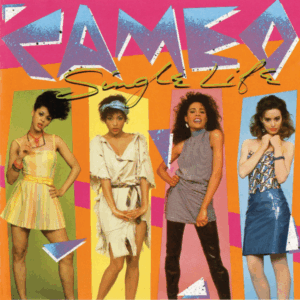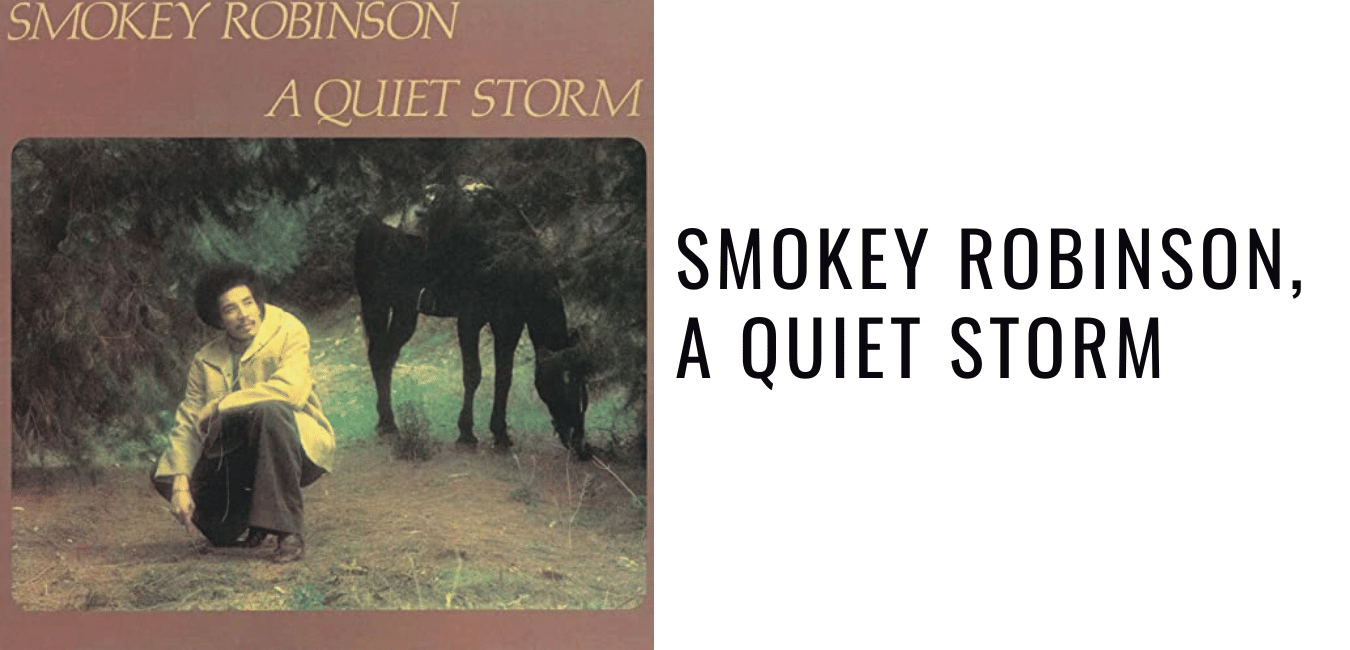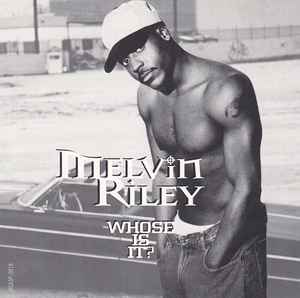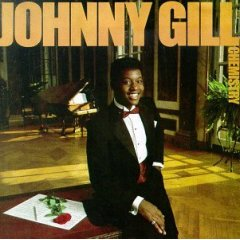
Second Listen Sunday: Cameo, “Single Life”
If there were ever a question on Jeopardy with a category about R&B bands and the question centered on Cameo, I’m sure it would be on one of their signature songs, “Candy” or “Word Up!”


Six years before I was born, soul singer and songwriter Smokey Robinson released his third solo album A Quiet Storm on Motown Records. Debuting on March 26th, 1975, A Quiet Storm was the album that defined Smokey as a force to be reckoned with. While the singer had some success with his previous solo albums Smokey and Pure Smokey, this album placed Smokey in another musical stratosphere.
Smokey chose “Baby That’s Backatcha” for the album’s lead single. The song was an infectious groove that went to number one on the R&B charts and number seven on the disco charts. Mr. Robinson’s next single choice was “The Agony and the Ecstasy”. Co-produced with Willie Hutch, the song was a confessional ballad. Smokey revealed in his 1989 memoir Smokey: Inside My Life, “The Agony and the Ecstasy” was written about Smokey’s affair outside of his first marriage. The song is so beautifully written and eloquently produced it’s hard to believe the song is about cheating.
The third and final single from A Quiet Storm was the album’s title track. The song released in 1976, charted at number twenty-five on the US R&B charts. A nearly eight-minute cool out jam, Quiet Storm would later become the theme song to a radio format still in use today. Pioneered by the late great Melvin Lindsey during his stint as an intern for D.C. based radio station WHUR, the quiet storm was all about love songs which we can thank Smokey for.
After the first three songs that were singles that open, the remaining four songs that close out the album, showcase Mr. Robinson’s talent as a songwriter and balladeer. Up first is the lush ballad “Wedding Song.” Initially written for the wedding day of his goddaughter Hazel Gordy’s to Jermaine Jackson, the song is a simple three and ½ minute musical euphoria that still holds up as a wedding song today.
“Happy” (Love Theme from Lady Sings The Blues) is up next. Initially recorded by Bobby Darin in 1972, the song found new life when Michael Jackson covered it for his Music and Me album. Composed by Michel Legrand and written by Smokey, all three of the songs are different. With Smokey’s version setting a different standard. Robinson’s version is hauntingly dark. The song is rumored to be about drug addiction, though I don’t believe that personally.
A Quiet Storm closes the album out with two up-tempo tracks, “Love Letters and “Coincidentally.” “Love Letters” is about a man just writing love letters to his lady while “Coincidentally” is just about the coincidence that sometimes in the stages of life.
While I may not have been alive to experience the album in its prime, I can appreciate Smokey’s creative decisions. While some of his counterparts were making great music, during the funk revolution, Smokey took a chance that paid off. At only seven songs, A Quiet Storm is a better album than some singer’s entire catalog of music. A Quiet Storm isn’t always mentioned among the great Motown albums, however, forty-five years after its release, A Quiet Storm still holds up
A Quiet Storm is available on all streaming platforms.
Final Re-Listen Grade A
Best Tracks: “Wedding Song,” Quiet Storm, “The Agony and the Ecstasy and Baby That’s Backatcha


If there were ever a question on Jeopardy with a category about R&B bands and the question centered on Cameo, I’m sure it would be on one of their signature songs, “Candy” or “Word Up!”

For this week’s Slow Jam Saturday, I wanted to venture to the Wolverine State and show some love to “Whose Is It,” the lead single from Melvin Riley Jr.’s solo album “Ghetto Stories.”

From his early days in the family group Wings of Faith, Mr. Gill was born to make music. However, as R&B fans know, Johnny Gill’s initial release with Atlantic Records failed to make a significant impact when it first came out. The 1983 self-titled debut showed a strong voice struggling to adapt to a studio that couldn’t properly utilize its power.
Reviews And Dunn is a unique blog showcasing all things cinema, music & theater.